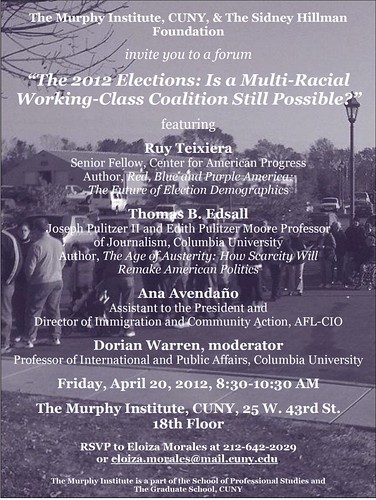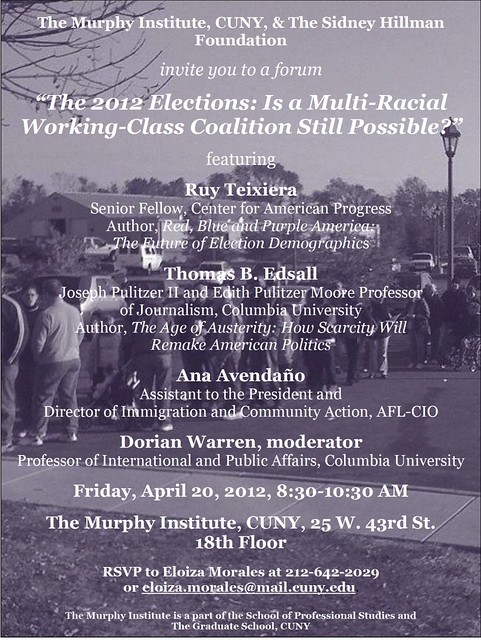Ghost Factories: Lead's Toxic Legacy
A 14-month USA Today investigation has found dozens of long-shuttered lead smelters that continue to contaminate the surrounding soil and endanger public health:
Ken Shefton is furious about what the government knew eight years ago and never told him — that the neighborhood where his five sons have been playing is contaminated with lead.
Their Cleveland home is a few blocks from a long-forgotten factory that spewed toxic lead dust for about 30 years.
The Environmental Protection Agency and state regulators clearly knew of the danger. They tested soil throughout the neighborhood and documented hazardous levels of contamination. They never did a cleanup. They didn’t warn people living nearby that the tainted soil endangers their children. [USA Today]
An environmental researcher compiled a list of over 400 suspected lead-contaminated sites and turned it over to the Environmental Protection Agency, but the agency largely failed to act on the information.
Most residents in lead-contaminated areas were shocked to learn that they were living near, or in some cases on top of, an old smelter site. Medical records supplied to USA Today show that some of their children had dangerously high lead levels. Lead is a potent neurotoxin, especially in young children.
This is a deeply researched, hard-hitting piece of old school investigative journalism. Read the whole thing.










